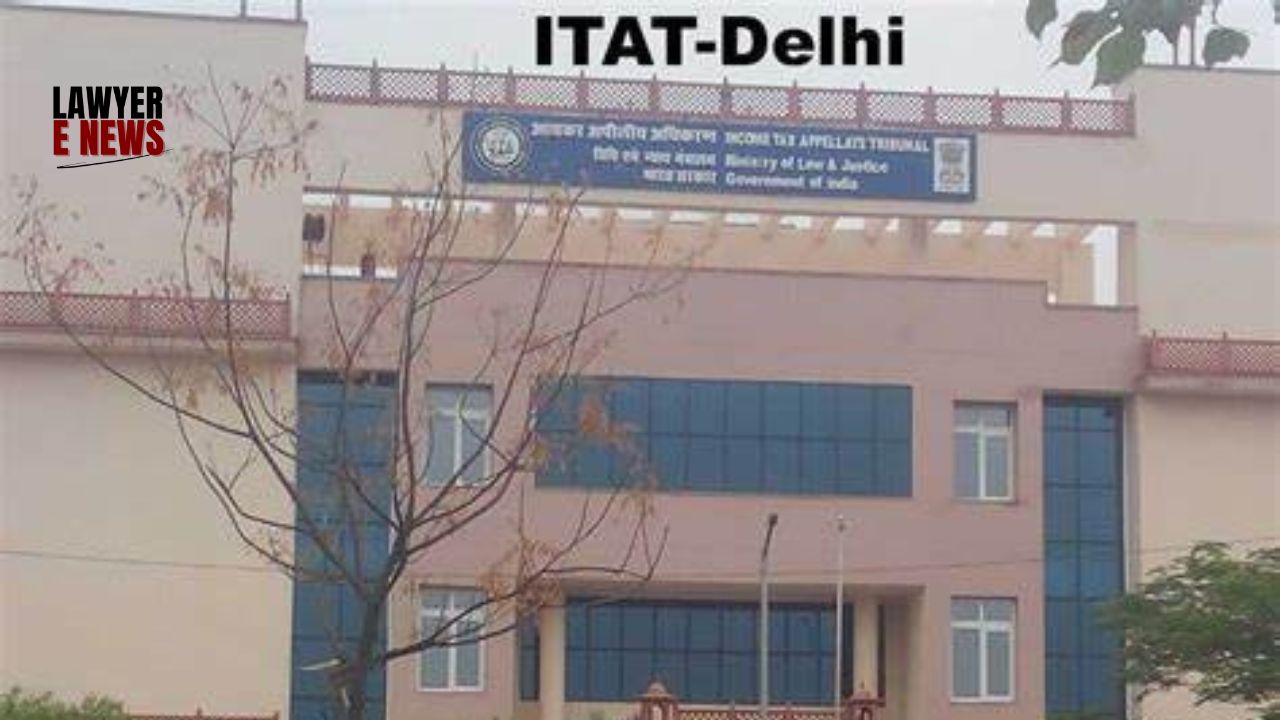-
by Admin
15 February 2026 5:35 AM



Tribunal quashes additions made under Section 68 and Section 14A, emphasizing the absence of incriminating evidence from search operations. The Income Tax Appellate Tribunal (ITAT) Delhi has ruled in favor of KDP Buildwell Pvt. Ltd., dismissing the Revenue's appeals and upholding the cross-objections raised by the assessee. The tribunal emphasized the necessity of incriminating material for making additions under Section 153A of the Income Tax Act, 1961, when assessments are not pending. This landmark judgment, pronounced by a bench comprising Vice President Saktijit Dey and Accountant Member Dr. B.R.R. Kumar, underscores the legal boundaries of tax assessments following search and seizure operations.
KDP Buildwell Pvt. Ltd., engaged in real estate development, had filed its returns of income for the assessment years 2011-12 and 2012-13. A search and seizure operation under Section 132 of the Income Tax Act was conducted on September 26, 2014, at the premises of the assessee and other group entities. Consequently, proceedings under Section 153A were initiated. The Assessing Officer (AO) made additions of INR 11.17 crores and INR 30.15 crores for the respective assessment years, treating the share application money and premium as unexplained cash credits under Section 68. An additional disallowance of INR 17,170 under Section 14A was made for the assessment year 2011-12. These additions were contested by the assessee before the Commissioner of Income-tax (Appeals), who deleted the additions under Section 68 but upheld the disallowance under Section 14A.
The primary contention of the assessee was the invalidity of the proceedings initiated under Section 153A in the absence of incriminating material. The tribunal observed that the additions made by the AO were not based on any incriminating material seized during the search operations. The tribunal relied on the Supreme Court's judgment in PCIT v. Abhisar Buildwell (P) Ltd., which stated that in the case of unabated assessments, no additions can be made under Section 153A without incriminating material.
The tribunal meticulously examined the assessment orders and noted that the AO had not referred to any incriminating material or statements recorded during the search operations. Instead, the additions were based on inquiries conducted during the assessment proceedings. The tribunal held that such additions could not be sustained in the absence of any incriminating material, aligning with the legal precedent set by the Supreme Court.
The tribunal cited the Supreme Court's ruling: "In respect of completed/unabated assessments, no addition can be made by the AO in the absence of any incriminating material found during the course of search under section 132 or requisition under section 132A of the Act."
The ITAT's decision to quash the additions under Sections 68 and 14A emphasizes the necessity of incriminating material for initiating proceedings under Section 153A, thereby reinforcing the legal framework for tax assessments following search operations. This judgment sets a significant precedent for future cases involving similar issues, ensuring adherence to established legal principles in tax administration.
Date of Decision: July 16, 2024
